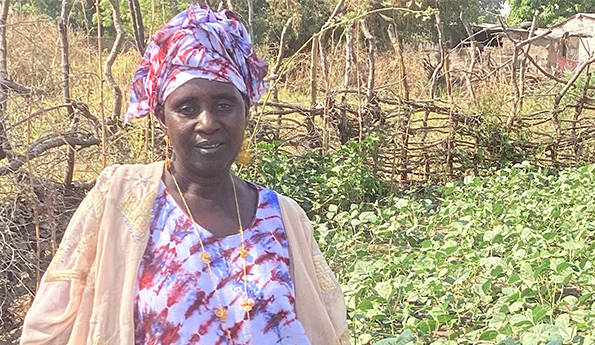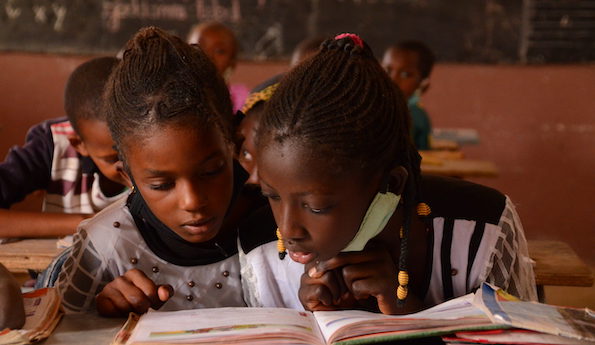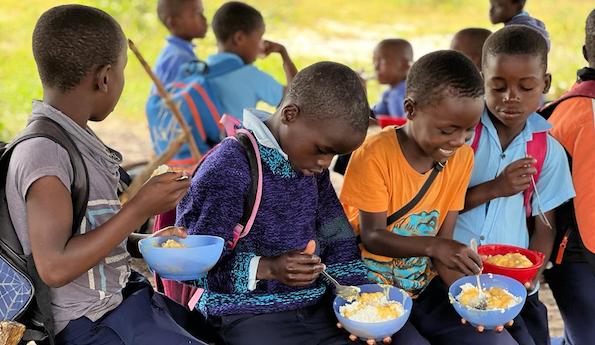With programs around the world and decades of experience ranging from governance to women’s empowerment to food security, Counterpart ensures that it captures lessons learned and translates them into better programming for greater impact. Counterpart’s USAID International Food Relief Partnership program in Mauritania is a good example. The project closed in September 2023, and one of the biggest stories to emerge was how many more community members we were able to support by combining resources and learnings from our USDA and USAID food security projects in the country.
In one project, USAID partnered with US-based businesses that produce highly nutritious shelf stable foods. Through a partnership with Harvest Lentils Blend Pro and Enov’Mum, USAID and Counterpart supported the Mauritanian government in its fight against malnutrition. Counterpart has been in Mauritania working through its USDA McGovern-Dole program to combat food insecurity since 2019. Having both food security projects in the country allowed us to creatively leverage resources and ensure greater impact for the local communities and our stakeholders.
Our project team plugged directly into our USDA McGovern-Dole food distribution networks and supported the community’s pregnant and lactating women as well as children under five in critical need of food. From 2021 to 2023, Counterpart distributed 17.28 tons of Enov’Mum (a nutritional supplement that can be mixed with food or eaten directly) and 18.76 tons of Harvest Lentil Pro via community health workers and school meal coalitions, totaling 36.04 tons of food. The project team trained 86 community health workers and reached 3,320 children under 5 years old, 1,930 lactating mothers, and 1,905 pregnant women.

Community health workers in Mauritania measure the arm of a small child in order to assess if the could be suffering from malnutrition.
The community health workers learned to screen brachial circumference with arm bands to determine the nutritional status of patients within their community. Counterpart’s partnership with the national government ensured that participants who were in serious need were immediately referred to local and regional health clinics managed by the Mauritanian Red Crescent and state health officials. By the end of the project, no pregnant or lactating woman or child under five screened were at risk of being malnourished—a testament to the effectiveness of the interventions and food provision. And a ringing endorsement for the power of leveraging projects and experience in country to amplify the impact for all.






